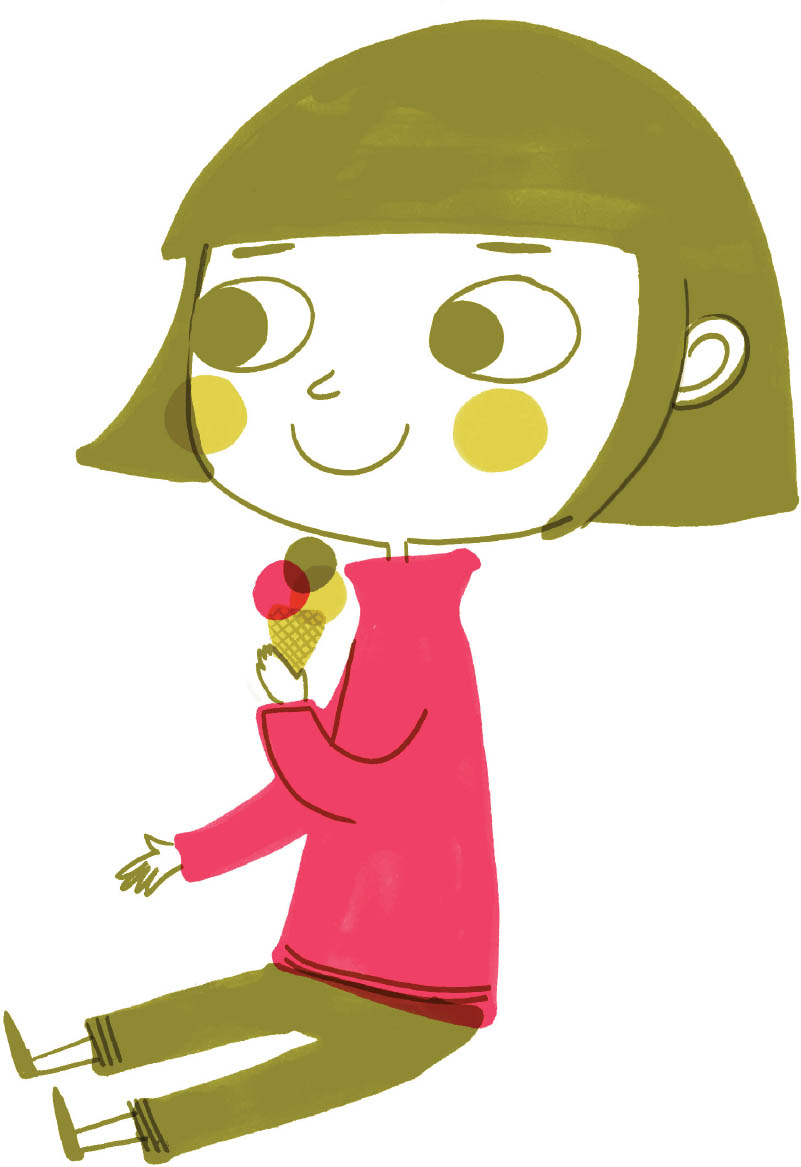Aurora Cacciapuoti - Lets Learn Spanish: First Words for Everyone
Here you can read online Aurora Cacciapuoti - Lets Learn Spanish: First Words for Everyone full text of the book (entire story) in english for free. Download pdf and epub, get meaning, cover and reviews about this ebook. year: 2020, publisher: Chronicle Books LLC, genre: Detective and thriller. Description of the work, (preface) as well as reviews are available. Best literature library LitArk.com created for fans of good reading and offers a wide selection of genres:
Romance novel
Science fiction
Adventure
Detective
Science
History
Home and family
Prose
Art
Politics
Computer
Non-fiction
Religion
Business
Children
Humor
Choose a favorite category and find really read worthwhile books. Enjoy immersion in the world of imagination, feel the emotions of the characters or learn something new for yourself, make an fascinating discovery.

- Book:Lets Learn Spanish: First Words for Everyone
- Author:
- Publisher:Chronicle Books LLC
- Genre:
- Year:2020
- Rating:4 / 5
- Favourites:Add to favourites
- Your mark:
Lets Learn Spanish: First Words for Everyone: summary, description and annotation
We offer to read an annotation, description, summary or preface (depends on what the author of the book "Lets Learn Spanish: First Words for Everyone" wrote himself). If you haven't found the necessary information about the book — write in the comments, we will try to find it.
Learning Spanish is just a few pictures away in this lovingly illustrated picture book language primer! Focusing on the Spanish language as it is spoken in Mexico, this informative picture book is an ideal way to learn. Pairing words and whimsical pictures, aspiring Spanish speakers are treated to a breezy yet informative experience. Lets Learn Spanish is a go-to ebook for the world traveler and language learner.
Fantastic primer for Spanish language learners young and old!
Perfect for anyone traveling to Mexico or South America.
Aurora Cacciapuoti is an author and illustrator of more than a dozen childrens books.
This informative Spanish language primer will appeal to readers of Little Concepts: ABC Spanish, First Words Spanish, and My Big Book of Spanish Words.
For kids ages 4 to 8
Learn Spanish for kids, preschool, kindergarten
Perfect travel companion
Aurora Cacciapuoti: author's other books
Who wrote Lets Learn Spanish: First Words for Everyone? Find out the surname, the name of the author of the book and a list of all author's works by series.

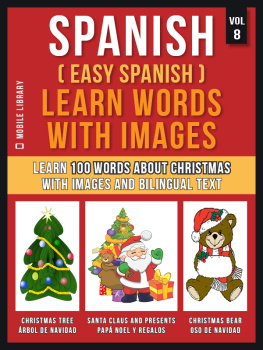

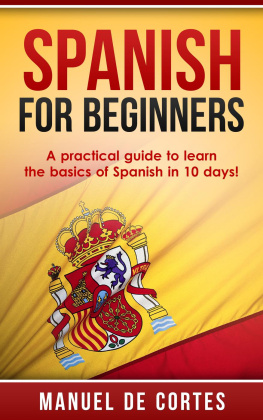
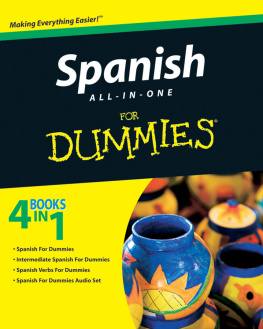
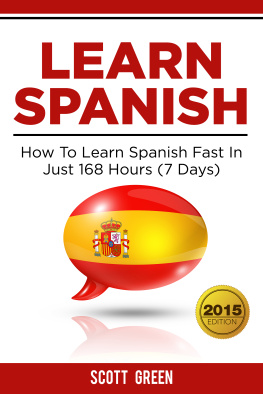
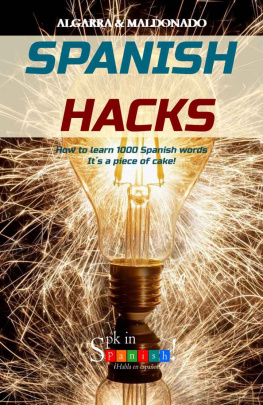
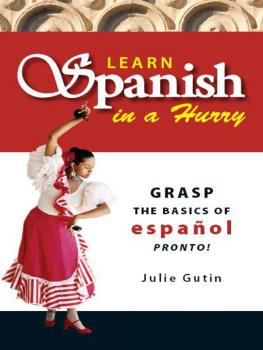
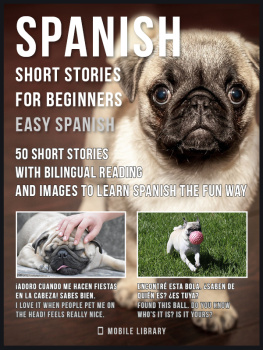
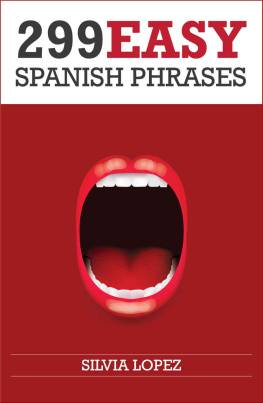
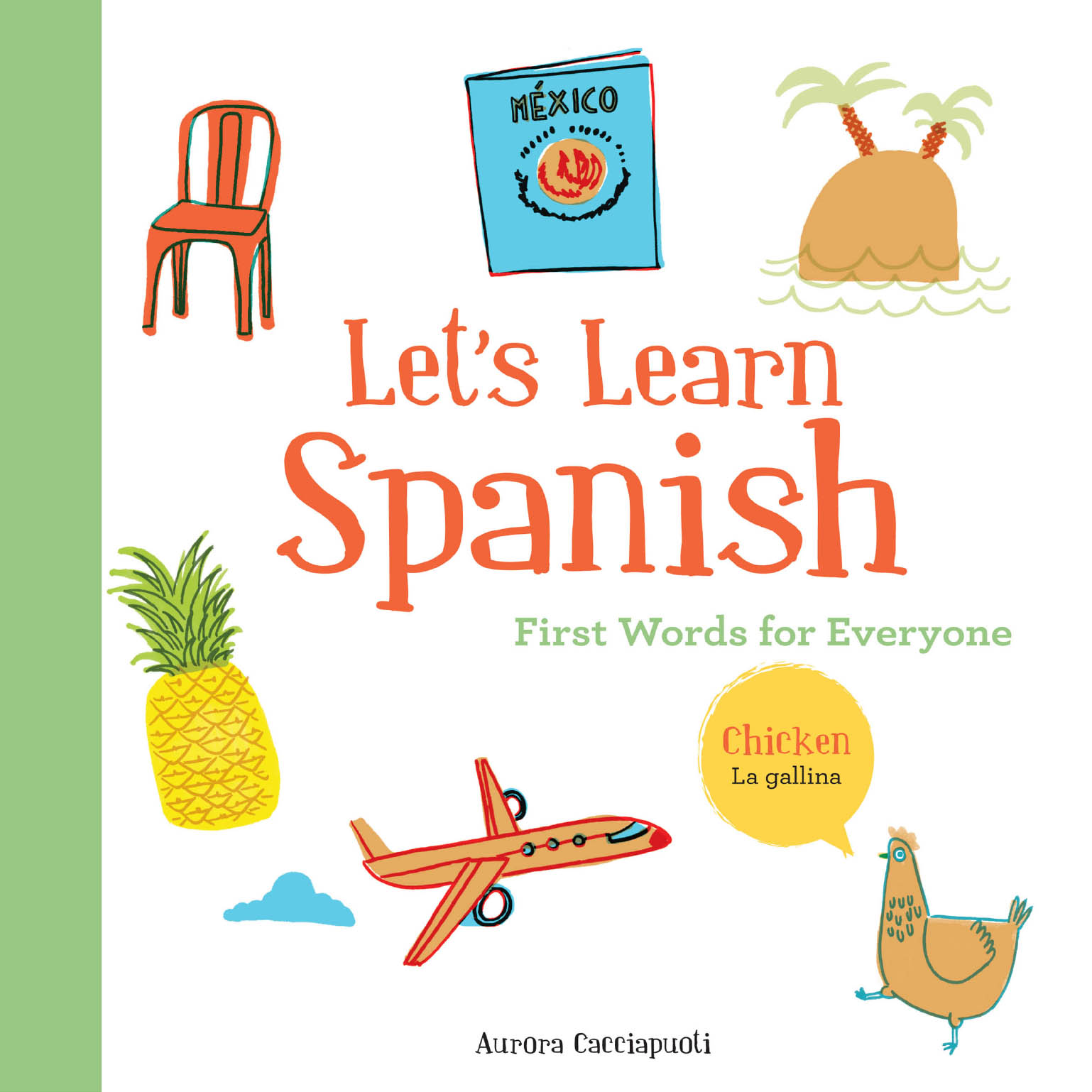


 Copyright 2020 by Aurora Cacciapuoti. All rights reserved. No part of this book may be reproduced in any form without written permission from the publisher. Library of Congress Cataloging-in-Publication Data available. ISBN 978-1-4521-6626-1 (hc)
Copyright 2020 by Aurora Cacciapuoti. All rights reserved. No part of this book may be reproduced in any form without written permission from the publisher. Library of Congress Cataloging-in-Publication Data available. ISBN 978-1-4521-6626-1 (hc) Even though Spanish is spoken in so many places, there are differences between the Spanish spoken in Spain and the Spanish spoken in each Latin American country. For example: Hello? when answering the phone in Spain is translated as Dgame?, but in Argentina and Bolivia it is Hola?; in Cuba it is Oigo?; in Colombia, Costa Rica, the Dominican Republic, Ecuador, El Salvador, Guatemala, Honduras, Peru, and Venezuela it is Al?; in Mxico it is Bueno?; and in Panama and Puerto Rico it is Hal?
Even though Spanish is spoken in so many places, there are differences between the Spanish spoken in Spain and the Spanish spoken in each Latin American country. For example: Hello? when answering the phone in Spain is translated as Dgame?, but in Argentina and Bolivia it is Hola?; in Cuba it is Oigo?; in Colombia, Costa Rica, the Dominican Republic, Ecuador, El Salvador, Guatemala, Honduras, Peru, and Venezuela it is Al?; in Mxico it is Bueno?; and in Panama and Puerto Rico it is Hal? While some words are different depending on the country, you can still communicate in different Spanish-speaking countries without difficulty using the Spanish that you know.
While some words are different depending on the country, you can still communicate in different Spanish-speaking countries without difficulty using the Spanish that you know. 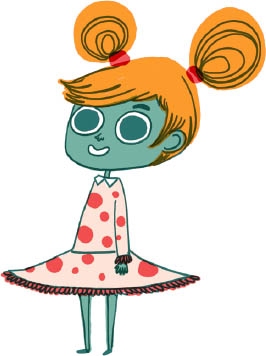 The Spanish words in this book focus on those spoken in North America and Mxico.
The Spanish words in this book focus on those spoken in North America and Mxico. Las sandias (feminine plural)
Las sandias (feminine plural) 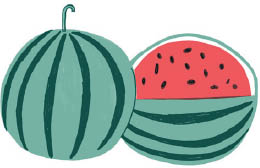 El aguacate (masculine singular)
El aguacate (masculine singular)  Los aguacates (masculine plural)
Los aguacates (masculine plural) 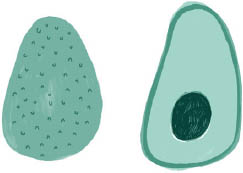
 The definite article has to match the gender and number. If you are talking about a female teacher, you would say la maestra, while a male teacher is el maestro.
The definite article has to match the gender and number. If you are talking about a female teacher, you would say la maestra, while a male teacher is el maestro.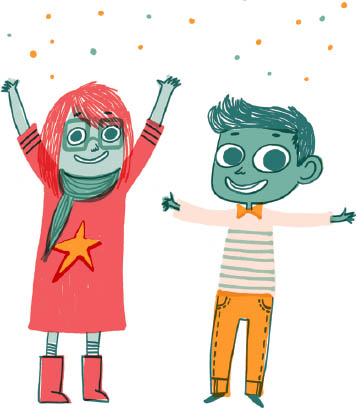 This is just the beginning of your Spanish adventure. Now, lets learn some words!
This is just the beginning of your Spanish adventure. Now, lets learn some words!  Sheep La oveja
Sheep La oveja 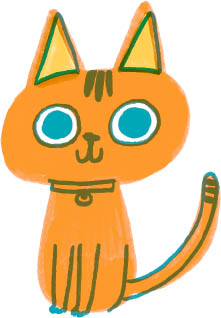 Cat El gato
Cat El gato 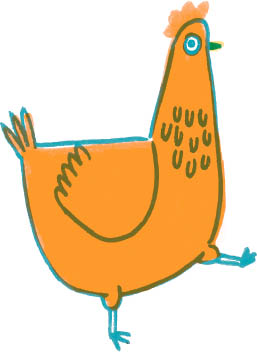 Chicken La gallina
Chicken La gallina  Dog El perro
Dog El perro 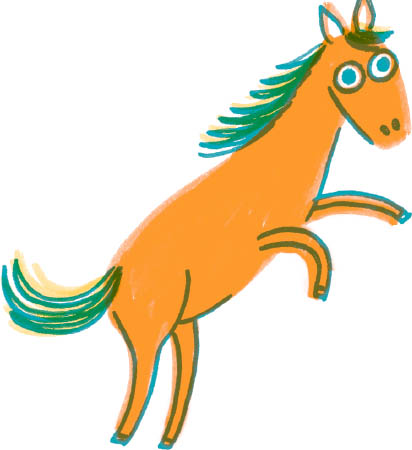 Horse El caballo
Horse El caballo  Fish El pez El pescado
Fish El pez El pescado 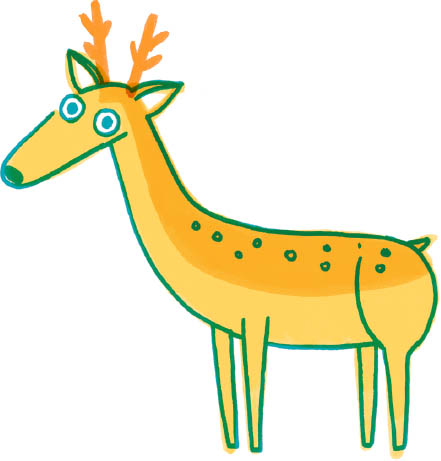 Deer El venado El ciervo
Deer El venado El ciervo 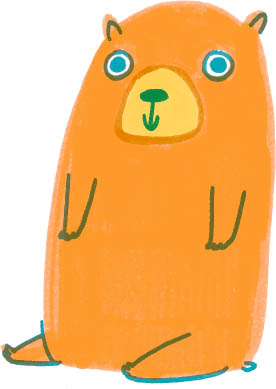 Bear El oso
Bear El oso  Turtle La tortuga
Turtle La tortuga 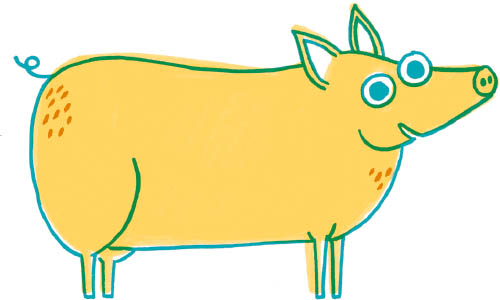 Pig El cerdo
Pig El cerdo 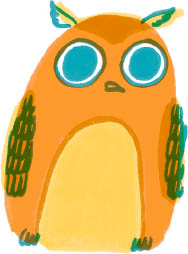 Owl El bho El tecolote
Owl El bho El tecolote 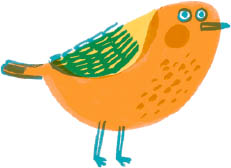 Bird El pjaro
Bird El pjaro 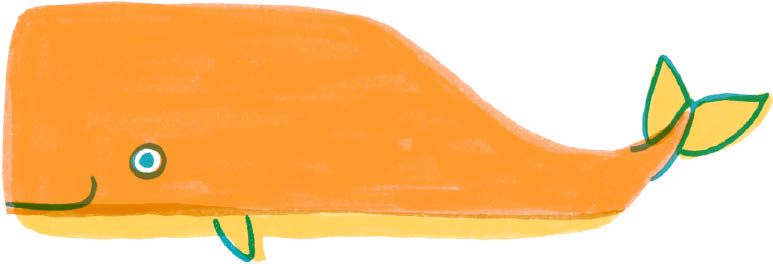 Whale La ballena
Whale La ballena 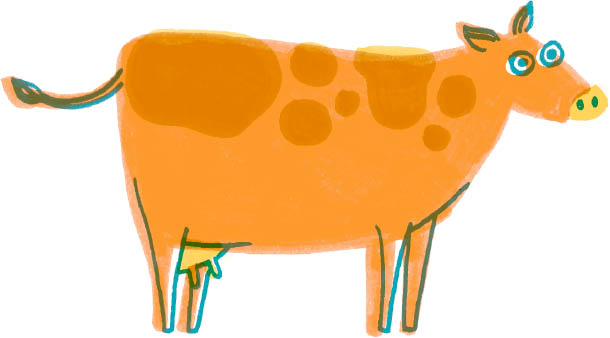 Cow La vaca
Cow La vaca 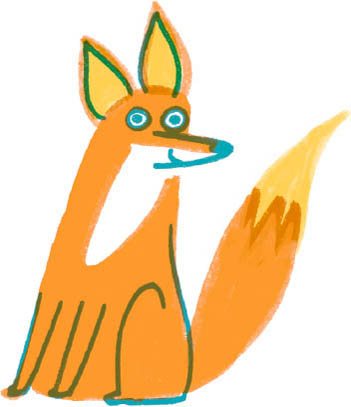 Fox El zorro
Fox El zorro 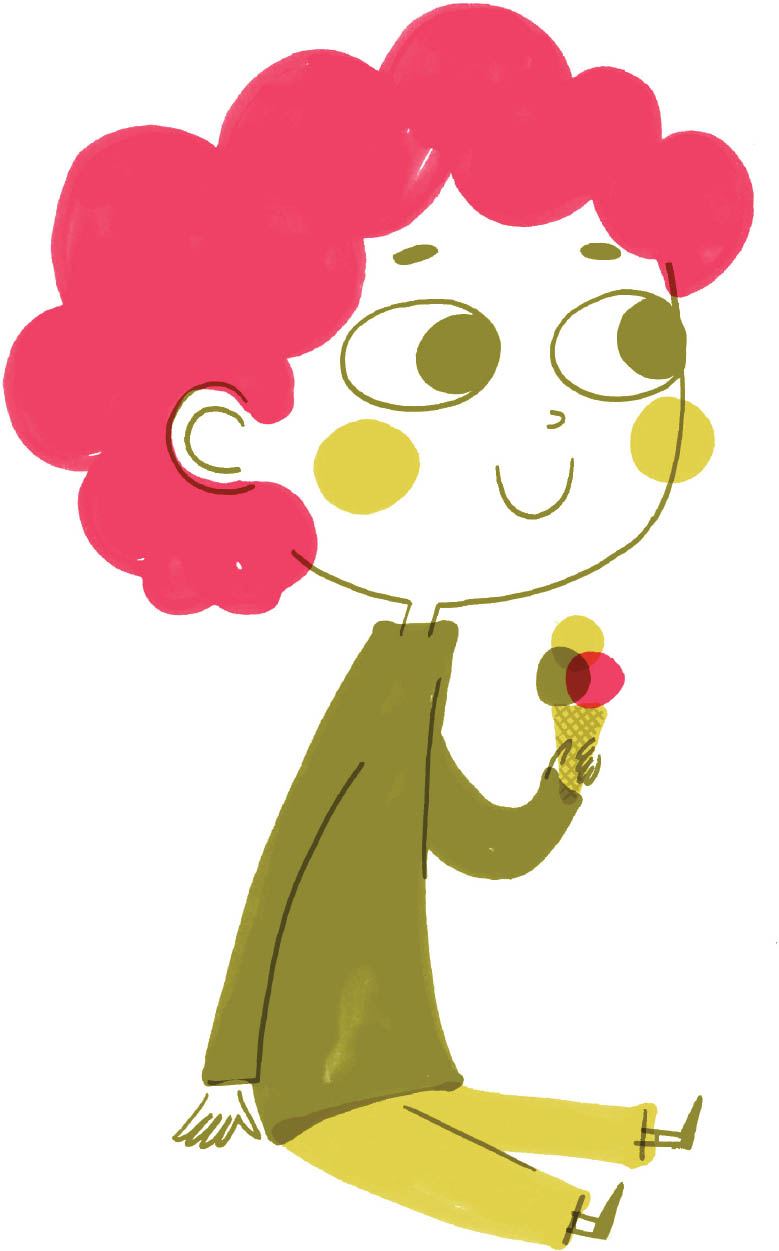 Hair El pelo El cabello Nose La nariz Mouth La boca Neck El cuello Leg La pierna Foot El pie
Hair El pelo El cabello Nose La nariz Mouth La boca Neck El cuello Leg La pierna Foot El pie 